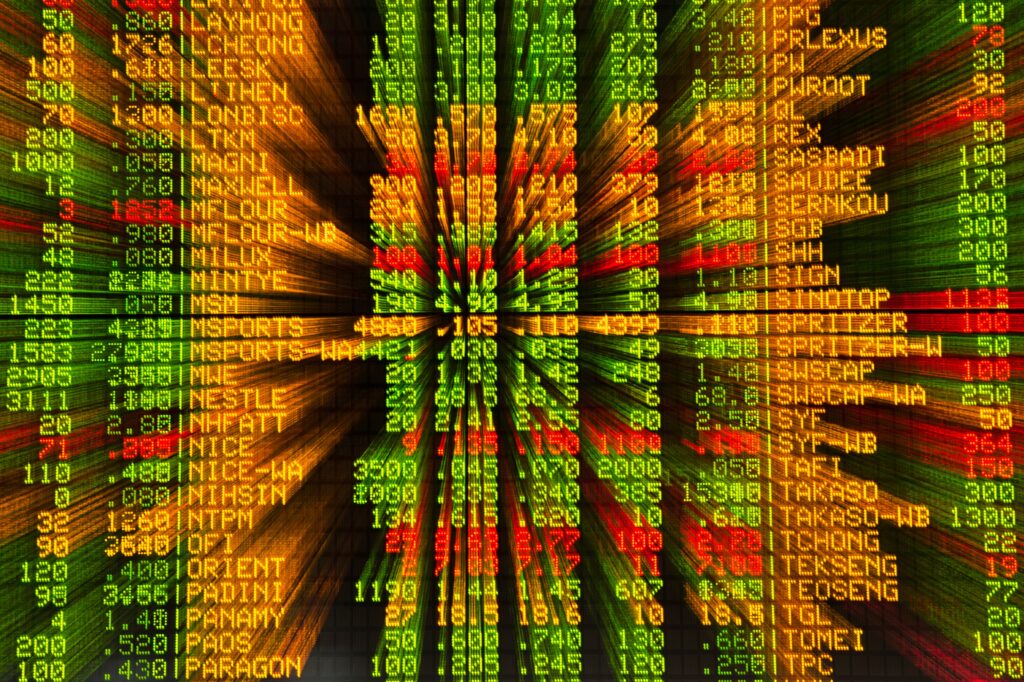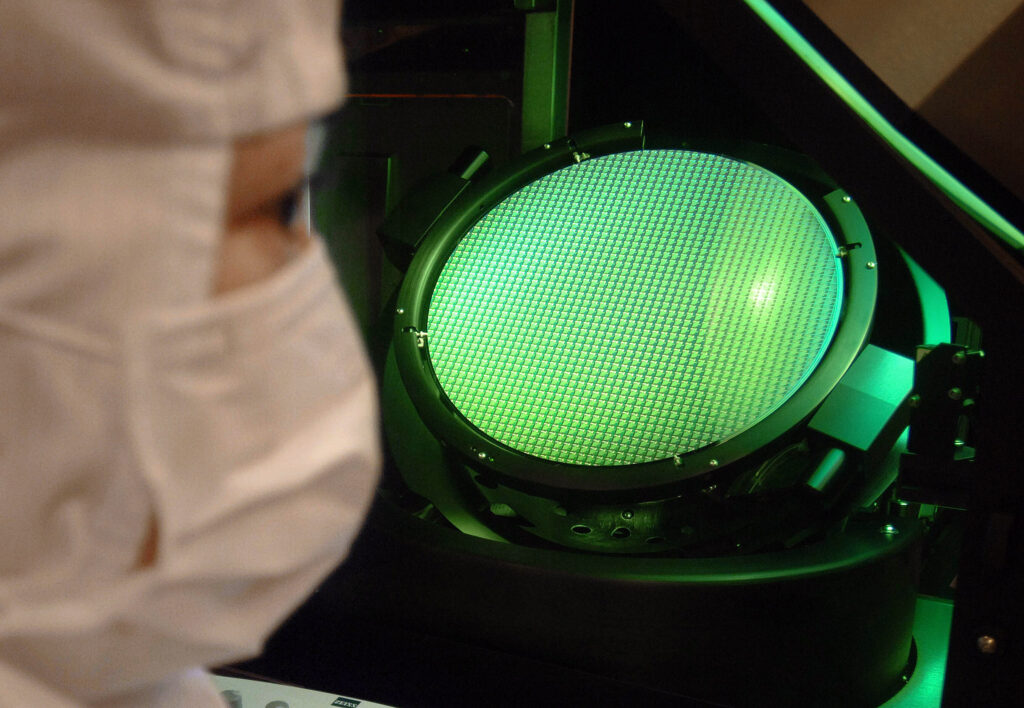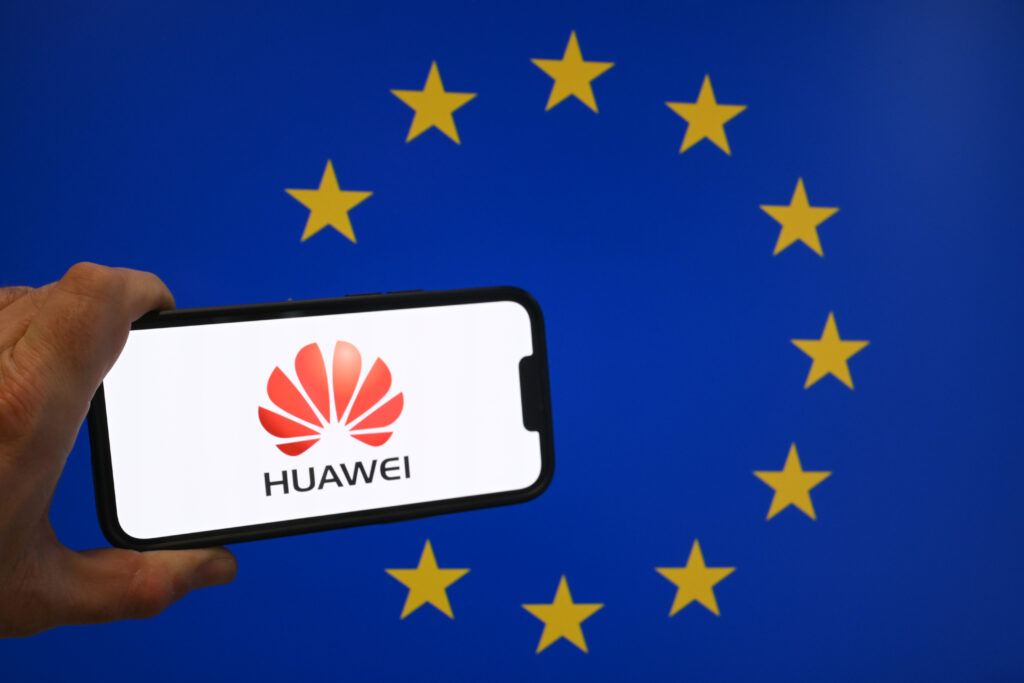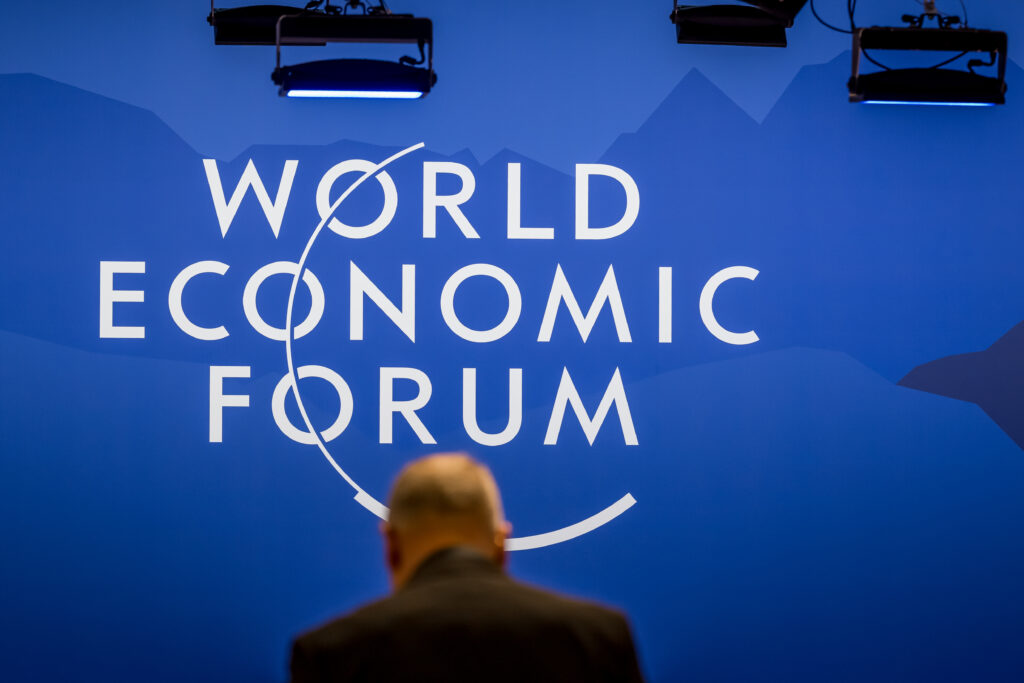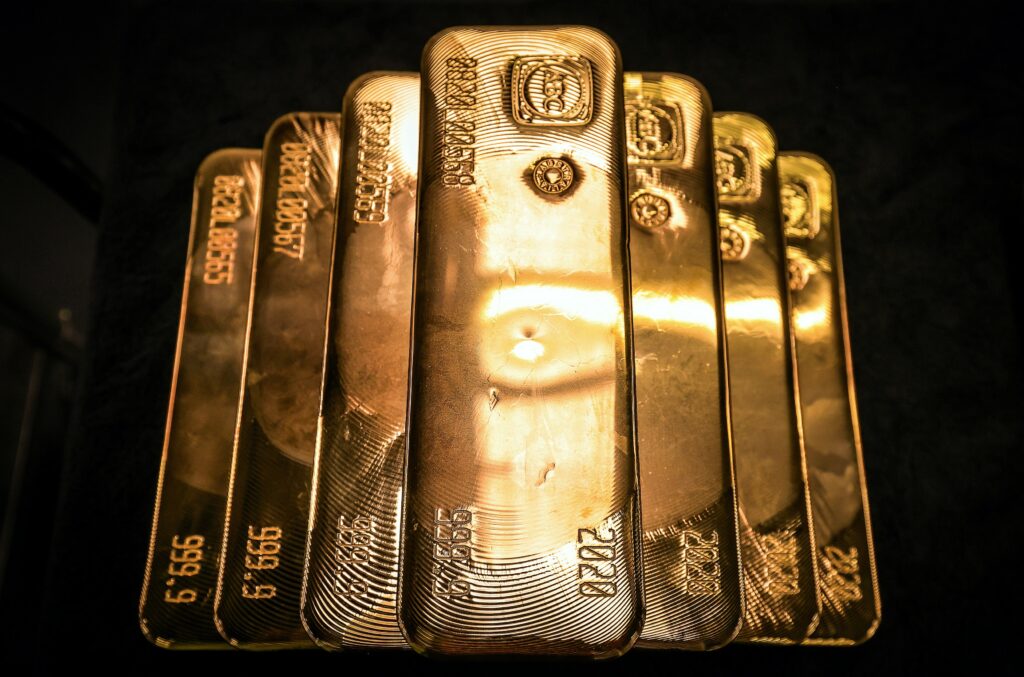Stocks stable after tariff-fuelled selloff but uncertainty boosts gold
Asian equities stabilised Wednesday after a rough start to the week fuelled by Donald Trump’s Greenland-linked tariff threats, though uncertainty rattling through trading floors saw safe-haven precious metals hit fresh record highs.Japanese bond yields also settled back following Tuesday’s surge on the back of a pledge by Prime Minister Sanae Takaichi to cut taxes.The US president injected a fresh dose of volatility into markets Saturday after threatening to hit several European countries — including France, Germany, Britain and Denmark — with up to 25 percent tariffs over their opposition to his takeover of Greenland.The move has sparked a warning of retaliation, with French President Emmanuel Macron raising the possibility of deploying an unused, powerful instrument aimed at deterring economic coercion.And speaking at the Davos gathering in Switzerland, European Union chief Ursula von der Leyen warned Washington that hitting allied nations with punitive tariffs over Greenland would be a “mistake”.In response, US Treasury chief Scott Bessent said Monday that any retaliatory EU tariffs would be “unwise”.Markets have sunk globally this week, and Wall Street’s three main indexes tanked Tuesday as they reopened after a long weekend.But Asia saw a mixed performance in early trade Wednesday.Tokyo, Sydney, Singapore, Taipei and Manila fell, while Hong Kong, Shanghai and Jakarta rose. US futures advanced.However, concerns about the outlook and concerns the crisis could grow saw precious metals — a go-to in times of turmoil — continue to hit new peaks.Gold topped out at $4,836.80 and silver touched $95.89 an ounce.Eyes are now on Trump’s visit to the World Economic Forum at Davos later in the day.”Traders continue to monitor the prospects for an agreement around Trump’s claim on Greenland, alongside the ongoing pricing of risk that Trump subsequently raises tariffs on European imports… and whether Europe responds with impactful tariffs of its own,” wrote Chris Weston at Pepperstone.”The focus from traders now turns to Trump’s scheduled speech in Davos, but prior to that, the reaction and the ensuing price action through the Asian session.”Bond markets also saw some calm following Tuesday’s rally in Japanese yields to record highs after Takaichi called a snap election for February 8 and said she would suspend an eight percent sales tax on food and beverages for two years if she wins a fresh mandate.Her comments saw 40-year yields surge more than a quarter of a percentage point to a record on Tuesday, marking the biggest jump since Trump’s “Liberation Day” tariff bombshell in April.The moves saw US Treasury Secretary Scott Bessent call Japanese Finance Minister Satsuki Katayama following a lift in Treasury yields.But they fell back Wednesday after Katayama called for “everyone in the market to calm down” and highlighted rising tax revenues and the country’s lowest reliance on debt issuance in three decades.However, Katsutoshi Inadome at Sumitomo Mitsui Trust Asset Management warned: “Katayama’s comments will have some impact on the market, but these are not the type of moves that can be stopped with just verbal intervention.”Bonds will likely be bought today, but the upside momentum is likely to gradually fade.”- Key figures at around 0230 GMT -Tokyo – Nikkei 225: DOWN 0.6 percent at 52,693.43 (break)Hong Kong – Hang Seng Index: UP 0.2 percent at 26,536.78Shanghai – Composite: UP 0.4 percent at 4,131.77Euro/dollar: UP at $1.1729 from $1.1719 on TuesdayPound/dollar: UP at $1.3454 from $1.3433Dollar/yen: DOWN at 158.00 yen from 158.21 yenEuro/pound: DOWN at 87.18 pence from 87.23 penceWest Texas Intermediate: DOWN 1.0 percent at $59.75 per barrelBrent North Sea Crude: DOWN 1.2 percent at $64.18 per barrelNew York – Dow: DOWN 1.8 percent at 48,488.59 (close)London – FTSE 100: DOWN 0.7 percent at 10,126.78 (close)
